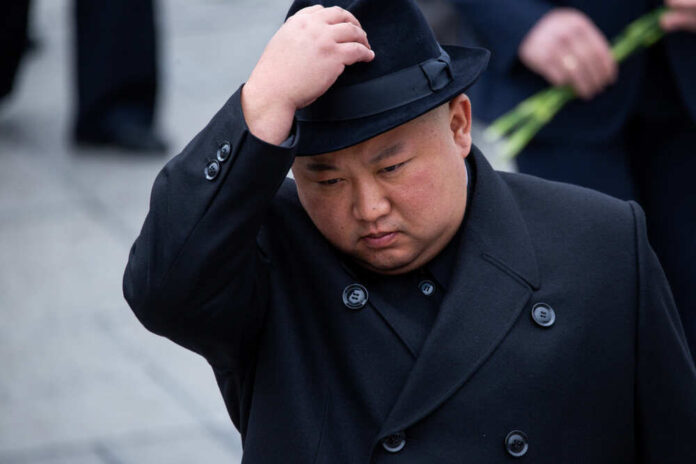
North Korea’s Supreme Leader, Kim Jong Un, appeared at the nation’s National Mothers’ Meeting in the country’s capital. As he discussed the decline in birth rates for the hermit kingdom, he was overcome with emotion. “Preventing a decline in birth rates and good childcare are all of our housekeeping duties we need to handle while working with mothers…[W]e are confronted with a host of social tasks that our mothers should join to tackle”
The task that he is hanging around the necks of North Korean women is monumental.
Per a United Nations study, North Korea currently has a fertility rate of 1.8 children per woman: a significant decline from the estimated population replacement level of 2.1. Mind you, they aren’t the only ones dealing with this. Per a 2017 study, nearly half of the world’s nations aren’t meeting the 2.1 requirement. This includes their neighbor, South Korea, who is at a 0.78, but they have none of the problems of North Korea.
With nearly 60% of NK’s residents living in extreme poverty per the International Institute for Applied Systems Analysis, the population has become a daunting task to change. Food shortages have presented one of the largest blockades for this mission. Poor nutrition and healthcare can lead to chronic issues in the human body. Many citizens of North Korea have experienced generations’ worth of poverty.
As the Dear Leader and the women of NK shed their crocodile tears over their slow population growth, Kim has nobody to blame but himself. His dedication towards destroying the West and painting NK as the top country has slowly destroyed the kingdom. If the women of NK cannot eat enough to keep themselves healthy and alive, they certainly aren’t able to get enough nourishment for a youngster to grow inside them.
Much the same, once out of the womb, they can’t feed the child if they cannot feed themselves with ease. This is likely another preventative in keeping the NK population up, as people inherently don’t want to raise kids in poverty and without food. Better to have no child than to make one suffer and starve to death is often the thought, and it is a smart one.















